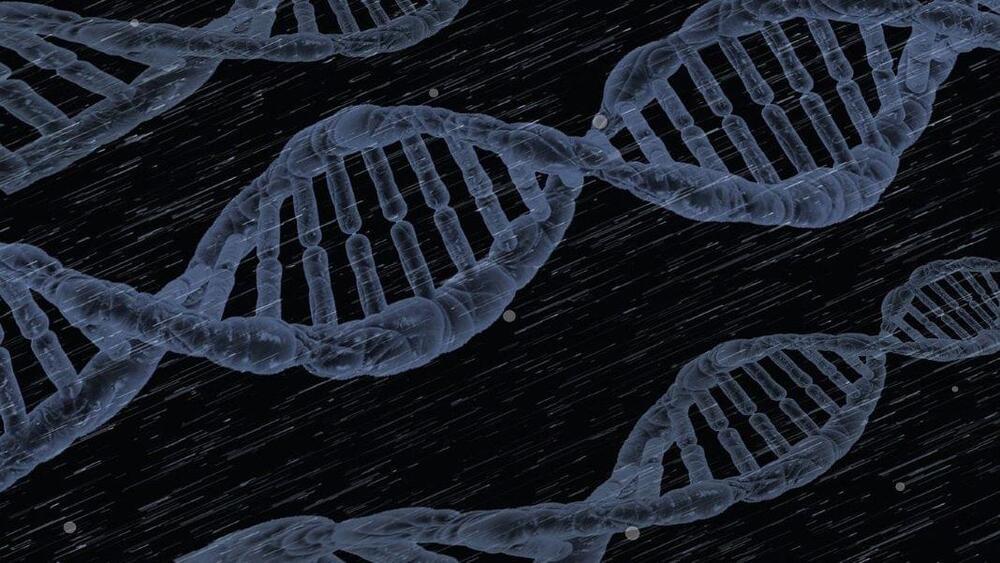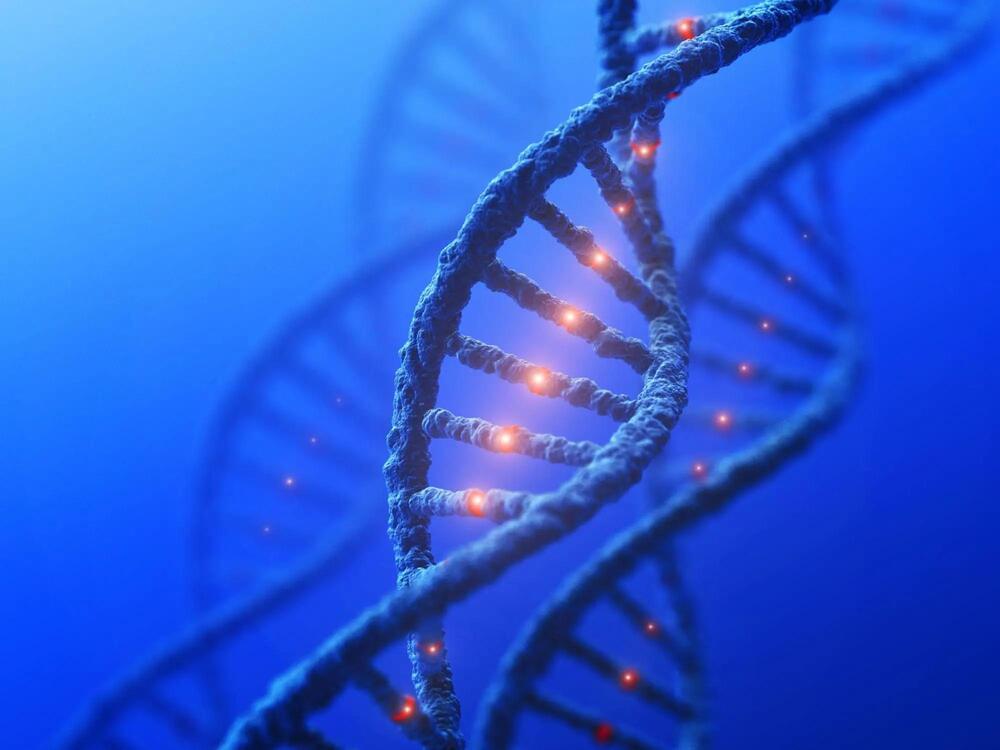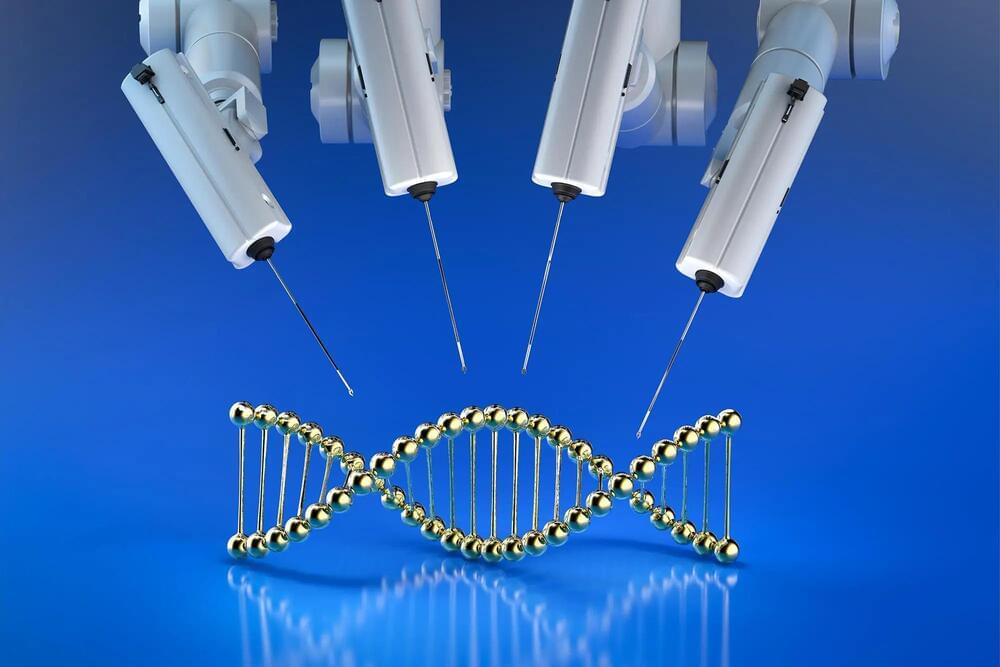May 31, 2023
First-of-Its-Kind Gene Therapy Can Be Applied to Skin Instead of Injected
Posted by Dan Breeden in categories: biotech/medical, genetics
The root cause is frustratingly simple: one gene mutation, which affects a critical protein that helps support skin integrity. The single genetic error makes the illness a perfect candidate for gene therapy. Yet with the skin already fragile, injections—a current standard for gene therapy—are hard to tolerate.
What about a genetic moisturizer instead?
This month, the FDA approved the first rub-on gene therapy. Similar to aloe vera for treating sunburns, the therapy comes in a gel that’s gently massaged onto blisters and wounds to help with healing. Dubbed Vyjuvek, it directly delivers healthy copies of the mutated gene onto damaged skin. An alternative version is configured into eye drops to reconstruct the eye’s delicate architecture to better support sight.


















